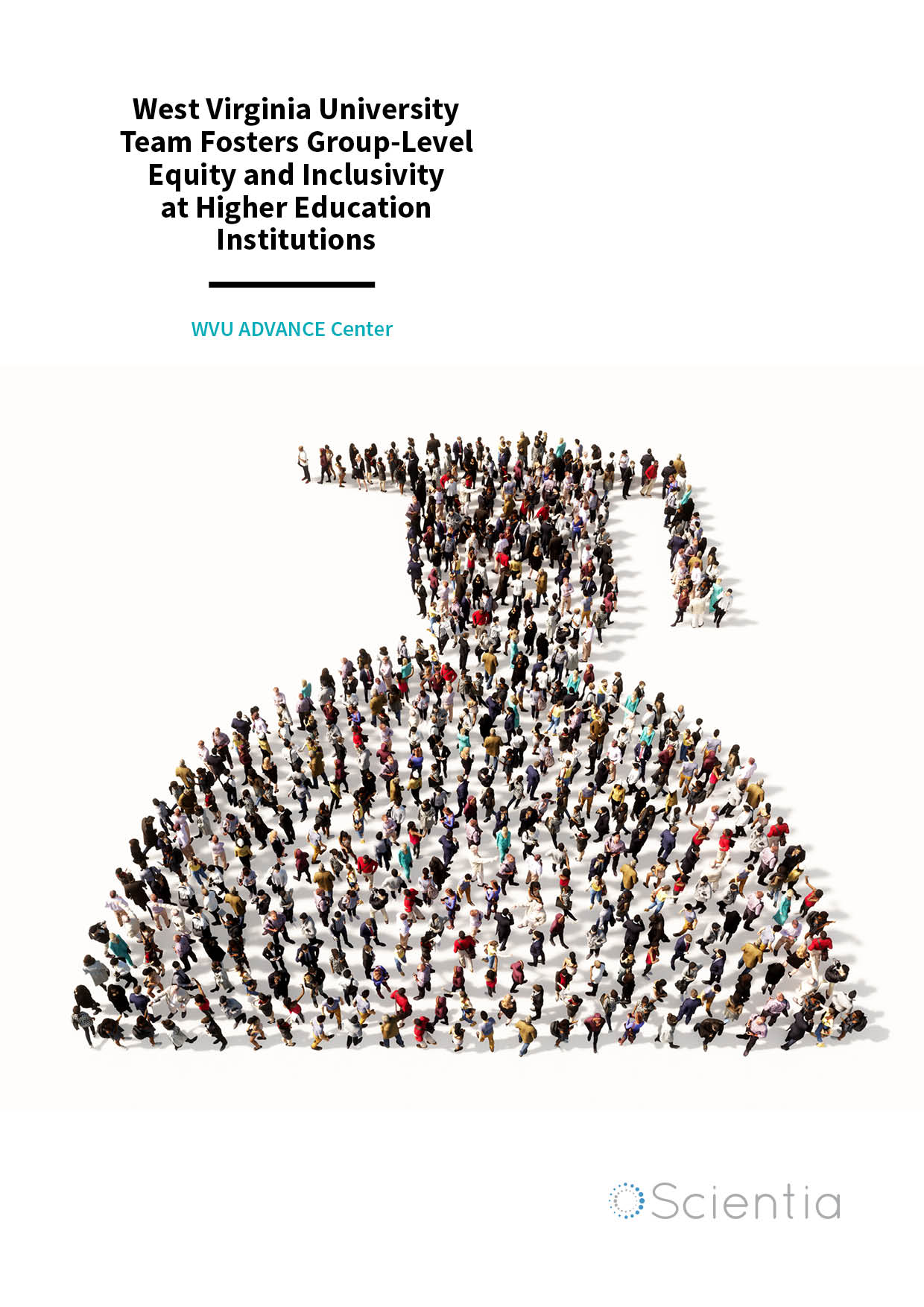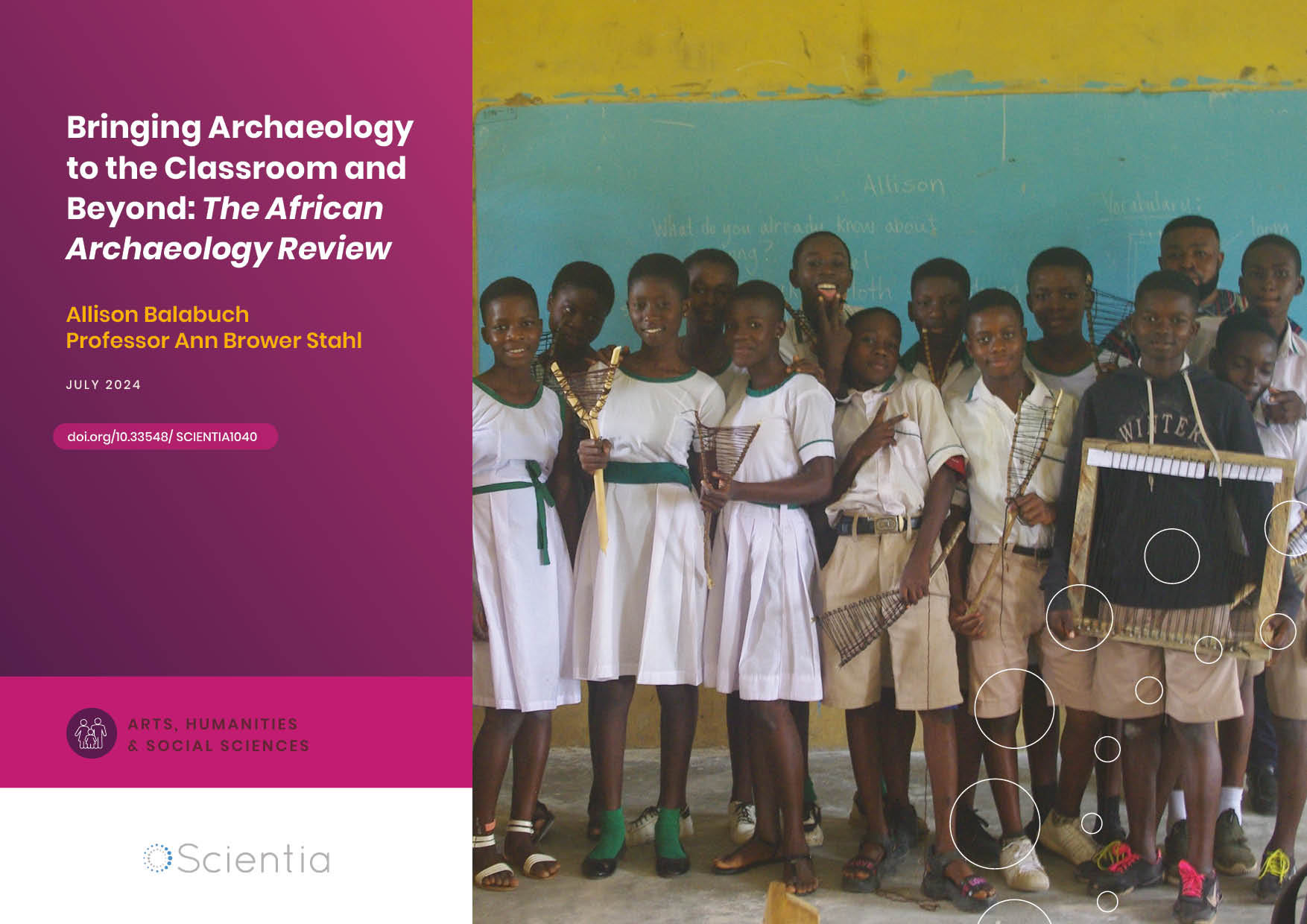Worldwide Cancer Research
 The arrival of COVID-19 changed the world as we knew it. Global priorities underwent seismic shifts and measures to prevent the spread of COVID-19 changed our daily and working lives beyond recognition. In this exclusive interview, we speak with Worldwide Cancer Research’s Director of Research, Dr Lynn Turner, to hear how the pandemic has impacted the ongoing battle against cancer, and what challenges must now be faced as a result.
The arrival of COVID-19 changed the world as we knew it. Global priorities underwent seismic shifts and measures to prevent the spread of COVID-19 changed our daily and working lives beyond recognition. In this exclusive interview, we speak with Worldwide Cancer Research’s Director of Research, Dr Lynn Turner, to hear how the pandemic has impacted the ongoing battle against cancer, and what challenges must now be faced as a result.
Could you explain how individuals with cancer have been affected by the pandemic?
We know from reports, studies and analysis conducted over the past year that people with cancer have been heavily impacted by the pandemic. We are concerned that people with cancer are in danger of becoming collateral damage as a result of everyone’s attention being focussed on ‘the other C’ – COVID-19. Across the UK, the pandemic has led to delays in diagnosis and treatment, which researchers estimate could lead to anywhere between 7,000 and 18,000 additional deaths from cancer in 2021. We also saw early in the nationwide lockdown that there was a significant decline in the number of people being referred to emergency cancer services. This is truly worrying and it’s vitally important that people remember to still see their GP if they suspect any sign or symptom of cancer so that they can be referred to a specialist if needed.
How has your work, and research into cancer more generally, been affected by the COVID-19 pandemic?
When the pandemic hit in 2020, we saw a rapid shut down across the world of nearly all our research projects due to university and research institute closures. There were some exceptions, such as in Israel, where our scientists were still able to go to the lab to conduct their research. But even then, they were working at a reduced capacity, with strict social distancing and safety measures in place to protect people.
One thing we felt was important was to make sure that our researchers did not feel pressured in the face of delays caused by lab closures. We offered all our researchers the chance to extend the length of their projects to make up for the lost time. We also allowed the researchers who were just about to start their projects, when the pandemic hit, to delay their start date.
We also had to react quickly internally to shift our annual Big Ideas Gathering, where our Scientific Advisory Committee makes the final decision on which new projects to fund, from a face-to-face meeting to a virtual one. This came with its own set of challenges, but the team did a fantastic job adjusting and we were delighted to be able to make a commitment to fund 16 new projects which will start in 2021.

Can you speculate as to the longer-term consequences of the pandemic for cancer research?
This is a difficult question to speculate an answer to, but we do know that charity-funded medical research is under threat all over the world. In the UK, the sector invested an estimated £1.9 billion in medical research in 2019, which is around half of all publicly funded medical research. The sector is now facing a 40% decrease in medical research spend over the next year and a shortfall of £310 million caused by the impact on fundraising. It’s expected that it will take four and a half years for the sector to recover – something that could have a devastating impact on people diagnosed with cancer in the future.
Despite the significant and unprecedented challenges, what positives have arisen for cancer research over the last year?
COVID-19 undoubtedly slowed scientific research all over the world in 2020, but science has not stopped completely. Scientists supported by Worldwide Cancer Research have contributed to several important breakthroughs in 2020 – including a new cancer vaccine that could enter clinical trials within the next three years and a game-changing treatment for prostate cancer that could be available to patients within four years.
We were also delighted that, thanks to the generosity of our supporters, we were still able to fund new projects this year. We invested over £3.2million in 16 new projects happening in 11 countries around the world. Knowing that we will continue to start new cancer cures gives us, our supporters and people affected by cancer, much-needed hope for the future.
‘…people with cancer are in danger of becoming collateral damage as a result of everyone’s attention being focussed on “the other C” – COVID-19.’

Finally, how can we ensure that cancer research remains a priority in such challenging times?
The type of research Worldwide Cancer Research funds is what we call discovery research. It’s the starting point from which new ways to prevent, diagnose and treat cancer emerge. Without it, we would not have the foundations to build on and we could miss out on future lifesaving discoveries. We must continue to fund this type of research to keep the ideas flowing down the pipeline – now is the time to invest in our future. As we have seen with the amazing response to COVID-19, research is essential to progress. And putting money behind research and those that fund it means that we can make progress faster.
People have woken up to the power of science and research to solve global problems. With 1 in 2 of us in the UK predicted to receive a cancer diagnosis during our lifetime, this is the time to use the momentum we have gained and use it to tackle the ‘big C’.

Reference
https://doi.org/10.33548/SCIENTIA651
Want to republish our articles?
We encourage all formats of sharing and republishing of our articles. Whether you want to host on your website, publication or blog, we welcome this. Find out more
Creative Commons Licence
(CC BY 4.0)
This work is licensed under a Creative Commons Attribution 4.0 International License. 
What does this mean?
Share: You can copy and redistribute the material in any medium or format
Adapt: You can change, and build upon the material for any purpose, even commercially.
Credit: You must give appropriate credit, provide a link to the license, and indicate if changes were made.
More articles you may like
Dr Ralf Adam | New Technologies Shaping the Future of Oral Hygiene
Understanding the efficiency of various toothbrush technologies is essential for achieving optimal oral health. Dr Ralf Adam, who leads a dedicated team at Procter & Gamble in Germany, is keen to investigate the complexities of these technologies. His team have provided new insights into the best toothbrush types for plaque removal and the maintenance of gum health. By highlighting the importance of informed oral care decisions and ongoing investigations, this vital research works towards ensuring everyone can achieve a brighter, healthier smile.
WVU ADVANCE Center | West Virginia University Team Fosters Group-Level Equity and Inclusivity at Higher Education Institutions
Despite ongoing efforts to broaden participation in the academy, many groups remain underrepresented. More needs to be done to ensure that all faculty and students succeed in institutions of higher education. The WVU ADVANCE Center is an academic hub at West Virginia University, which provides services, events, mentorship opportunities, and other initiatives that promote the sense of belonging that leads to thriving faculty and students.
Dr Olalla Castro-Alvaredo | Measuring Entanglement: Symmetry-Resolved Entropy
Dr Olalla Castro-Alvaredo of the City University of London (UK) and her collaborators are advancing our understanding of an important phenomenon of quantum mechanical systems known as entanglement and, especially, its mathematical measures. Symmetry-resolved entanglement entropy is one such measure. Their study focuses on special quantum states which are excited with respect to a ground state. The research shows how the entanglement amongst quantum particles can be measured and assesses the contribution to the entanglement of quasiparticle excitations, particularly in the presence of additional symmetries.
Allison Balabuch – Professor Ann Brower Stahl | Bringing Archaeology to the Classroom and Beyond: The African Archaeology Review
The African Archaeology Review (AAR) journal recently celebrated its 40th anniversary. To mark this occasion, a special issue was compiled with an innovative theme: Archaeology for Education. To achieve this, the AAR editorial team assembled a group of academic researchers in archaeology with the proposition of writing articles collaboratively with educators that would make their research centred on Africa’s rich pasts accessible for use in school learning. The goal is to change the stories we tell about Africa both within and outside the continent.




